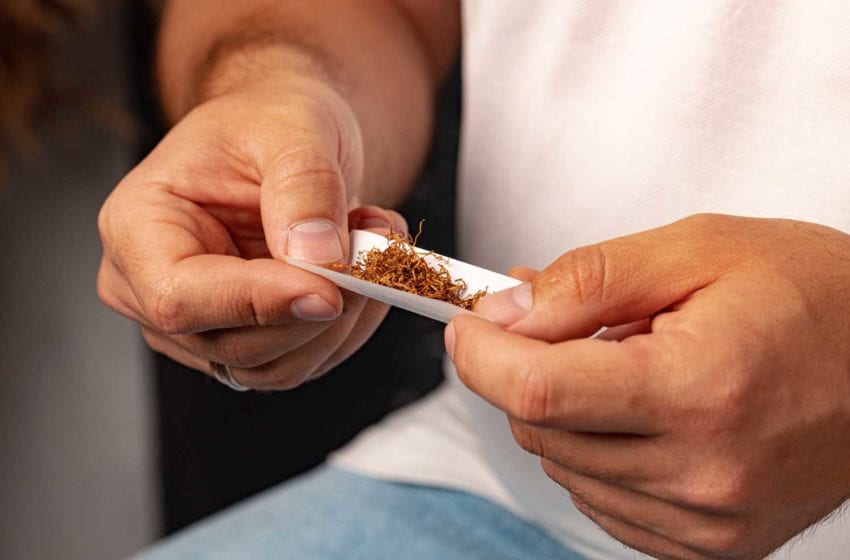
Nicotine vaping products were the most popular quit-smoking aids (27.2 percent) in England in 2020, according to Public Health England’s (PHE) seventh independent report on vaping, carried out by researchers at King’s College London. Using a vaping product as part of a quit attempt in local stop smoking services had some of the highest quit success rates—between 59.7 percent and 74 percent in 2019 and 2020. An estimated 50,000 smokers stopped smoking with the aid of a vaping product in 2017.
Despite these trends, 38 percent of smokers in 2020 believed that vaping is as harmful as smoking, with 15 percent believing that vaping is more harmful.
The coronavirus pandemic is likely to have had an impact on smoking and vaping behaviors in both adults and young people. However, it is still too early to assess the full effect of the pandemic, with much of the data examined in this report being pre-pandemic.
Vaping has plateaued in adults and young people since the last PHE report in March 2020. Around 4.8 percent of young people (aged 11 to 18) reported vaping at least once a month—the same as last year—and most of these were either current or former smokers (only 0.8 percent of young people who had never smoked currently vape). Smoking prevalence among young people, including those who smoked sometimes or more than once a week, was 6.7 percent in March 2020, similar to March 2019 at 6.3 percent.
Similar to last year, around 6 percent of adults are current vapers, equating to about 2.7 million adult vapers in England. Smoking prevalence continues to fall and is between 13.8 percent and 16 percent depending on the survey. Vaping prevalence was between 17.5 percent and 20.1 percent among current smokers, around 11 percent among former smokers and between 0.3 percent and 0.6 percent among those who have never smoked. The proportion of vapers who also smoke, or “dual users,” has declined since 2012.
“Our report draws together findings from randomized controlled trials, stop-smoking services and population studies and concludes that nicotine vaping products are an effective way of successfully quitting smoking,” said Ann McNeill, professor of tobacco addiction at King’s College London.
“What is concerning is that smokers, particularly those from disadvantaged groups, incorrectly and increasingly believe that vaping is as harmful as smoking. This is not true and means fewer smokers try vaping.
“The goal for 2030 is to be smoke-free in England. The development of a new Tobacco Control Plan and this year’s review of the Tobacco and Related Products Regulations 2016 is an opportunity to ensure that the regulations around vaping are appropriate. The regulations are also hoped to help smokers to quit while not attracting people who have never smoked.”



















